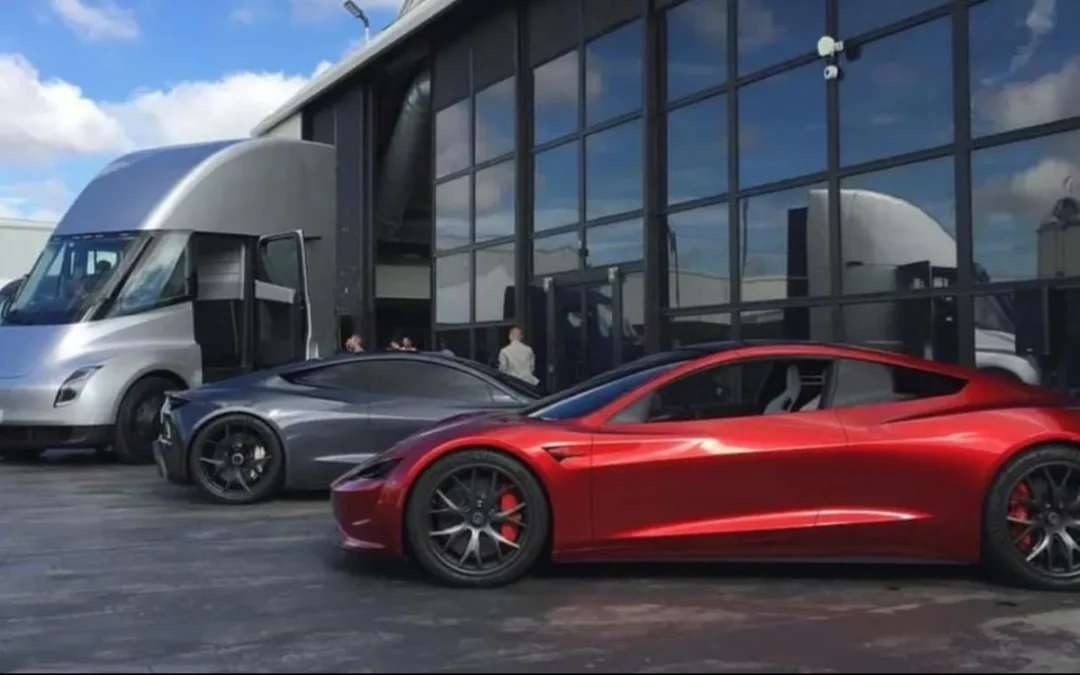Tesla CEO Elon Musk said that the company is going to “try advertising” after years of resisting the idea and even saying that he “hates advertising.”
For years, Musk has famously said that he despises advertising. He said that Tesla doesn’t pay or provide discounts for celebrities to drive its cars and that the automaker doesn’t pay to advertise – though we have seen exceptions before.
Tesla fans and investors have often suggested that the company at least try it, but the CEO consistently pushed back against the idea – going as far as saying that he “hates” advertising.
I hate advertising
— Elon Musk (@elonmusk) October 28, 2019
It looks like Tesla might have reached that milestone. When an investor brought up the idea at Tesla’s annual shareholder meeting today, the CEO was way more open to the idea and even said that Tesla would try advertising.
Tesla’s pivot to advertising reflects a changing business environment and an increased production capacity. Despite Musk’s historical aversion to advertising, he stated that the company would consider it upon selling vehicles in higher volume – a milestone that Tesla now appears to have reached. This shift is a testament to the company’s adaptability and willingness to explore new strategies for growth.
Businesses should note Tesla’s flexibility in adjusting its marketing approach. In the face of increased production capacity and rising competition in the EV market, Tesla is reevaluating its stance on advertising. This move underlines a valuable business principle: as circumstances change, so should your strategies. Ignoring or resisting change could potentially hinder your business from reaching new heights.
Moreover, Tesla’s intended approach to advertising is as unique as the company itself. Musk expressed interest in creating ads that are “informative and entertaining, approaching content”. He aims to focus on some of Tesla’s lesser-known features. This approach underscores the importance of creating high-quality, content-rich ads that both educate and entertain consumers. Businesses should consider this balance in their own advertising endeavors, crafting messages that not only promote their products or services but also add value to the consumer experience.
Tesla’s foray into advertising could also signal a shift in how companies view and allocate their ad budgets. Traditional automakers spend as much as $4,000 per vehicle sold on advertising. While Tesla’s exact budget remains unknown, the company’s strategy of focusing on informative and entertaining content could inspire a more efficient, targeted use of ad spend. If Tesla’s trial proves successful, it could encourage other companies to reassess their own advertising strategies and budgets.
In conclusion, businesses should pay attention to Tesla’s new strategy, regardless of their current stance on advertising. The EV giant’s shift is a powerful reminder of the importance of flexibility and adaptability in a rapidly changing business landscape. Furthermore, Tesla’s unique approach to advertising – focusing on informative and entertaining content – offers valuable insights into crafting effective ads that resonate with consumers.
Tesla has always been a trailblazer, and its move into the world of advertising is likely to be no different. As this journey unfolds, it will undoubtedly provide invaluable lessons for businesses across all sectors. Keep an eye on this space – the future of advertising may just be starting to unfold.
